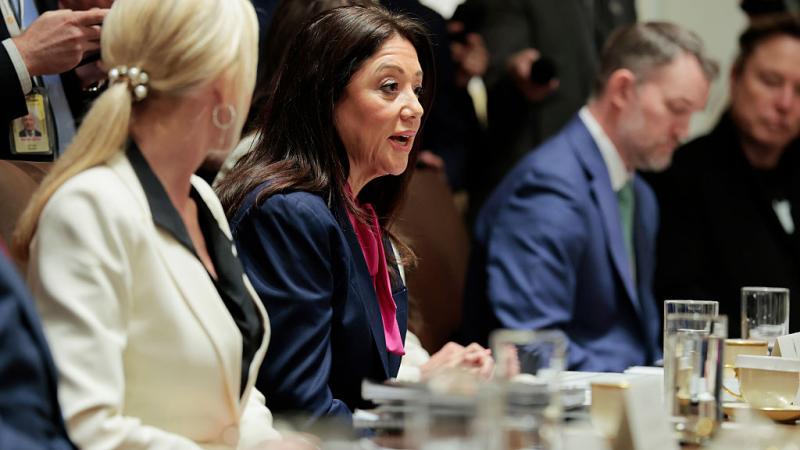Study finds that a ban on plastic grocery bags in New Jersey actually increased plastic consumption
The shift to alternatives to bags made from plastic film resulted in customers using alternative bags, which contain more plastic and produce higher greenhouse gas emissions, the study found.
A new report finds that a ban on single-use plastic bags in New Jersey resulted in a three-fold increase in plastic consumption.
New Jersey banned plastic bags in 2022, and total film-plastic bag volumes declined by more than 60%, according to the study by Freedonia Custom Research.
However, the study found people switched from the banned bags to alternative bags, and this resulted in a three-fold increase in total plastic consumption for bags.
The reusable bags that are sold to consumers as an alternative to the banned bags are often made from non-woven polypropylene, which is not widely recycled in the U.S. and typically contains no post-consumer recycled materials. The shift to these bags contributed to a 500% increase in greenhouse gas emissions.
Consumers are utilizing grocery pickup and delivery services more often, according to the study, which require the use of new alternative bags for every transaction. Sales of these bags grew exponentially following the ban on film plastic bags, resulting in profits to retailers of an average of $200,000 per store location.
The Facts Inside Our Reporter's Notebook
A new report finds that a ban on single-use plastic bags in New Jersey resulted in a 3-fold increase in plastic consumption.
New Jersey banned plastic bags in 2022, and total film-plastic bag volumes declined by more than 60%, according to the study by Freedonia Custom Research. However, the study found, people switched from the banned bags to alternative bags, and this resulted in a 3-fold increase in total plastic consumption for bags.
The reusable bags that are sold to consumers as an alternative to the banned bags are often made from non-woven polypropylene, which is not widely recycled in the U.S. and typically contains no post-consumer recycled materials. The shift to these bags contributed to a 500% increase in greenhouse gas emissions.
Consumers are utilizing grocery pickup and delivery services more often, according to the study, which require the use of new alternative bags for every transaction. Sales of these bags grew exponentially following the ban on film plastic bags, resulting in profits to retailers of an average of $200,000 per store location.
















